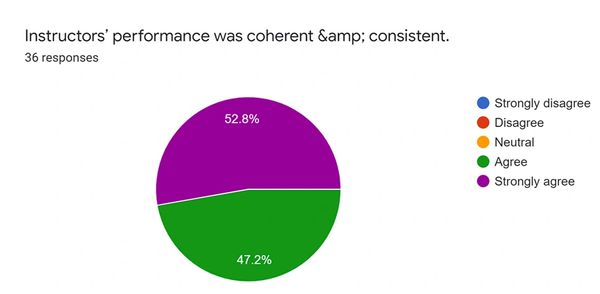Contact OUR STAFF FOR TRAINING AND RESEARCH OPPORTUnities
Available training programs
BLS/AED-Provider
PBLS/AED-Provider

Basic life support (BLS) and the use of an Automated External Defibrillator (AED) is the first and essential level of care for a person in cardiac arrest.
The BLS course aims to train healthcare workers and other community members on the basic skills of resuscitating a cardiac arrest victim whenever and wherever needed.
PBLS/AED-Provider
PBLS/AED-Provider

Paediatric Basic Life Support (PBLS) training is based on the ERC resuscitation guidelines for a child or infant in or out of the hospital.
The PBLS course aims to train health professionals on the knowledge and skills needed for managing a child or infant in cardiac arrest and the use of an Automated External Defibrillator (AED).
ALS

Advanced Life Support (ALS) based on ERC guidelines standardized approach to the management of adult victims of cardiopulmonary arrest.
The ALS course aims to train healthcare providers on how to identify the causes of cardiac arrest, recognize the deteriorating patients, and manage both cardiac arrest and 'peri-arrest' problems.
EPALS
EPALS

The European Paediatric Advanced Life Support (EPALS) training is based on the ERC resuscitation guidelines for a child, infant, or new-born in or out of the hospital.
The EPALS course aims to train health professionals on the knowledge and skills needed for managing a critically ill child during the first hour of illness, preventing progression to cardiac arrest.
ETC
EPALS
ETC

The European Trauma Course (ETC) is an advanced approach to the in-hospital initial management of the trauma victim using a horizontal team approach.
The ETC aims to provide the necessary knowledge and skills required to provide acute care for major trauma patients. It is meant for all healthcare providers involved in the acute care of trauma patients.
ILS
EPALS
ETC

Immediate Life Support (ILS) course provides the essential knowledge and skills required in the initial phase of treating a critically ill patient who needs resuscitation.
The ILS aims to provide training in more diagnostic skills and management steps that enable healthcare providers of all levels to manage a critically ill patient.
GIC
BLS-I

The Generic Instructor Course (GIC) is a highly intellectual training based on the principles of adult learning that prepares future instructors for teaching on the respective ERC provider courses (ILS, ALS, EPALS, EPILS, NLS, ETC).
The GIC aims to provide a standardized generic framework that focuses on the teaching principles of the ERC for its provider courses.
BLS-I
BLS-I

The Basic Life Support-Instructor Course (BLS-I) is a concise approach to prepare instructors to teach the skills of cardiopulmonary resuscitation.
The BLS-I aims to train healthcare providers and lay persons to teach the techniques of cardiopulmonary resuscitation regardless if they come from medical or non-medical backgrounds.
First Aid-HR
First Aid-HR

The First Aid-Human Resus Course is a custom need training for different community persons based on the American Safety & Health Institute and the European Resuscitation Council Guidelines on First Aid.
The First Aid-HR aims at training lay persons on the initial management of injuries and sudden illnesses. The prompt delivery of simple yet professional measures for minor/intermediate injuries or illnesses at the site could prevent the development of more serious consequences.
training calendar
Wednesday 25/02/2026
BPLS/AED Provider Course
9:00 am
-
12:00 pm
@ Port Sudan Paediatric Teaching Hospital
Wednesday 25/02/2026
BPLS/AED Provider Course
9:00 am
-
12:00 pm
@ Port Sudan Paediatric Teaching Hospital
Thursday 26/02/2026
BPLS/AED Provider Course
9:00 am
-
12:00 pm
@ Port Sudan Paediatric Teaching Hospital
Thursday 26/02/2026
BPLS/AED Provider Course
9:00 am
-
12:00 pm
@ Port Sudan Paediatric Teaching Hospital
Friday 27/02/2026
BPLS/AED Provider Course
9:00 am
-
12:00 pm
@ Port Sudan Paediatric Teaching Hospital
Friday 27/02/2026
BPLS/AED Provider Course
9:00 am
-
12:00 pm
@ Port Sudan Paediatric Teaching Hospital
Ongoing Research
Study Title:
Study of the public's willingness to provide the necessary resuscitation in real situations of out-of-hospital cardiac arrest after receiving appropriate education and the possible factors that could affect their willingness
Study Description:
A Multicentre Cross-sectional Study
Participating Centres:
Human Resuscitation Organization
Egyptian Resuscitation Council
Tunisian Resuscitation Council
Study Registration ID:
ISRCTN27093315
Candidates' feedback










